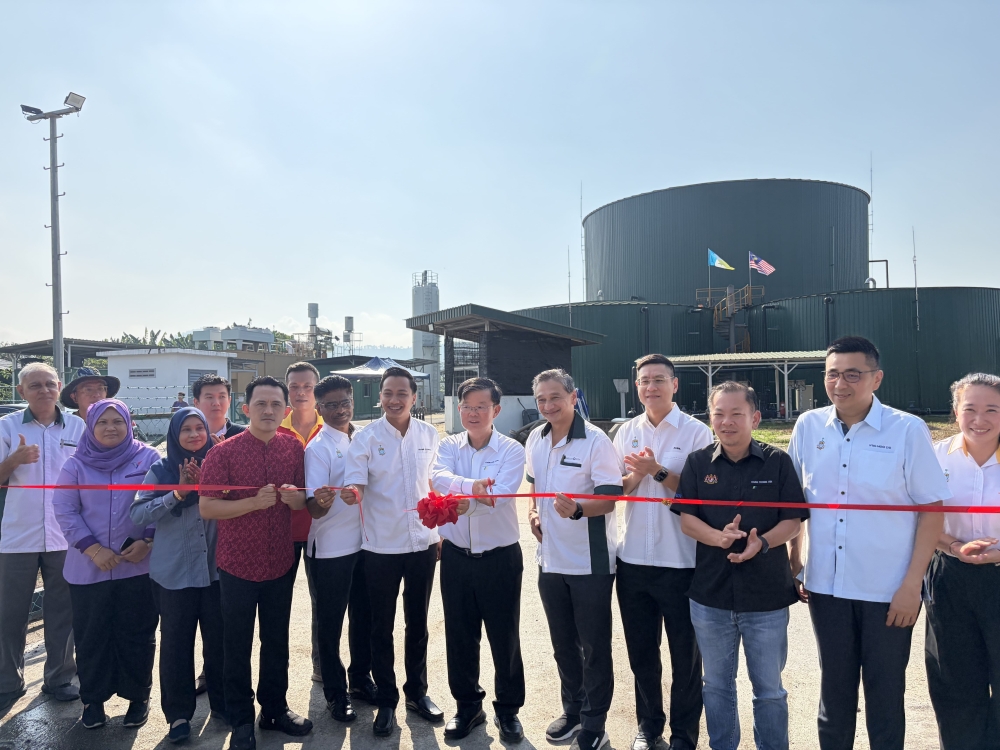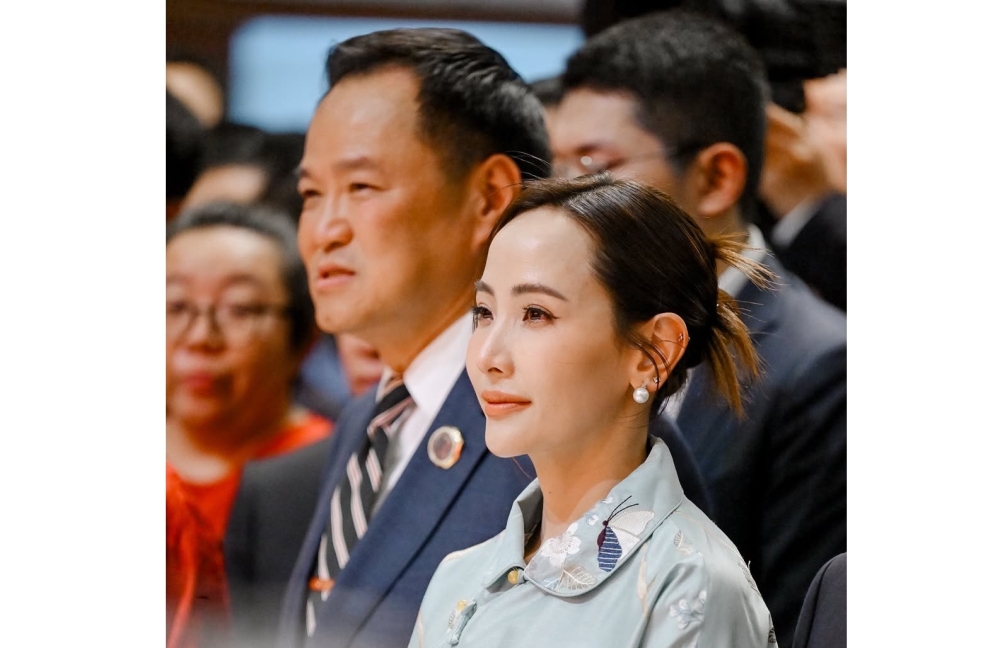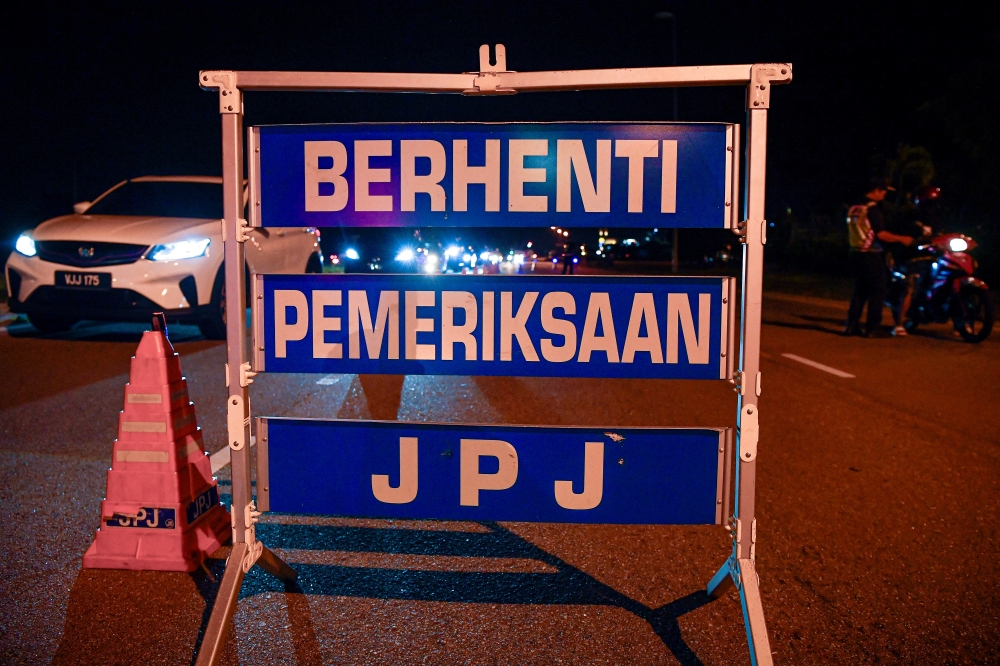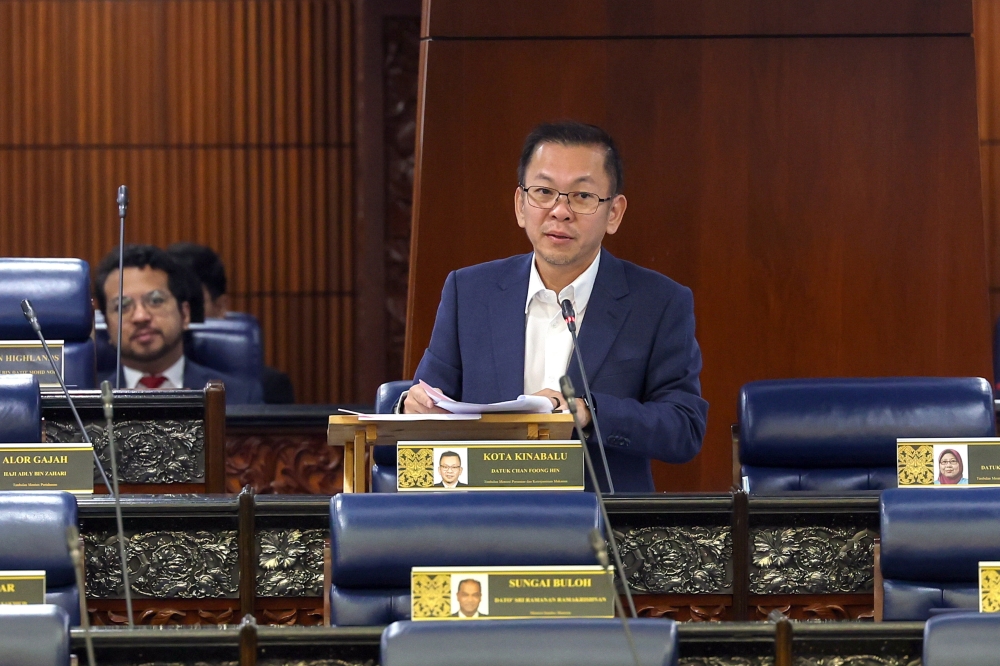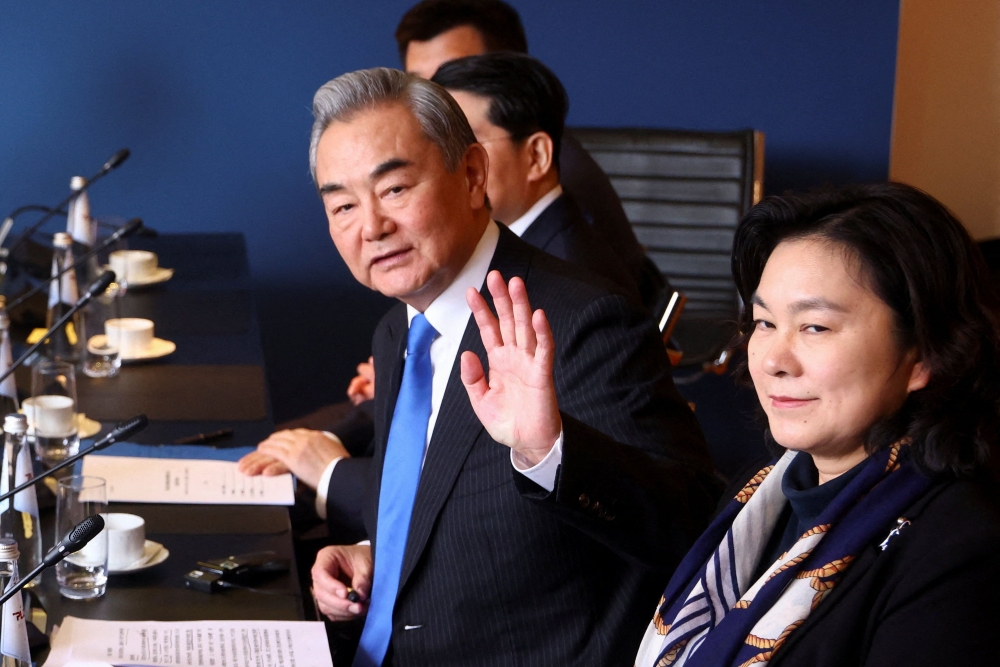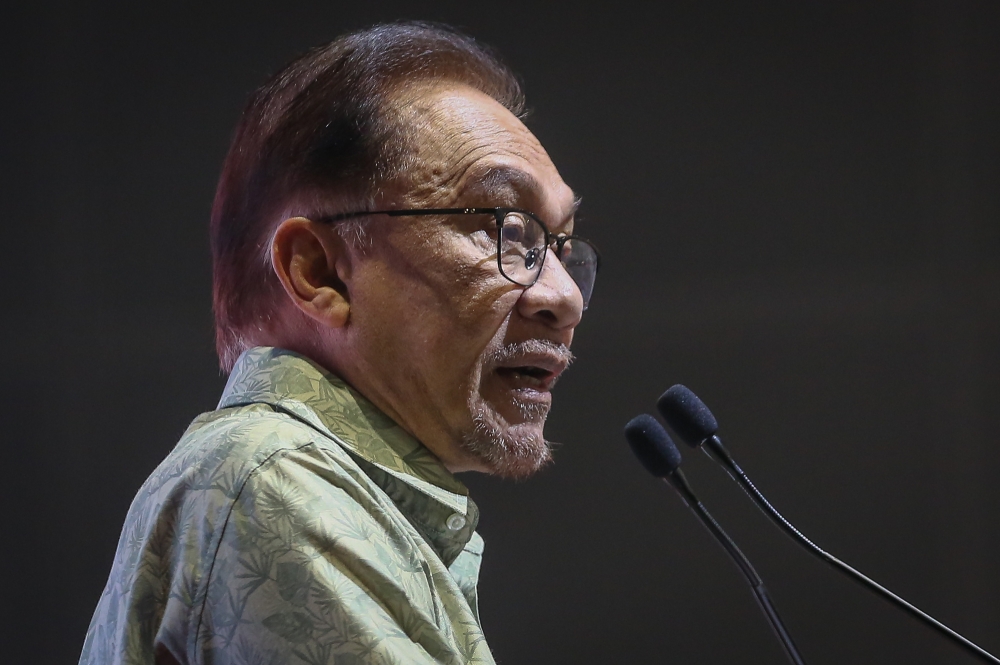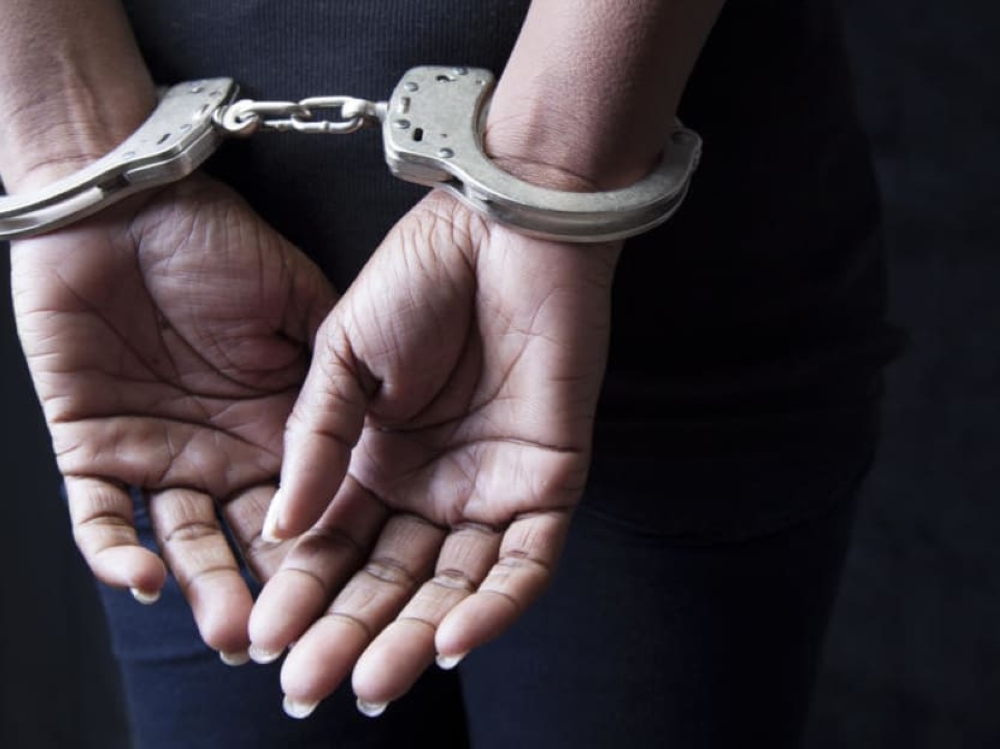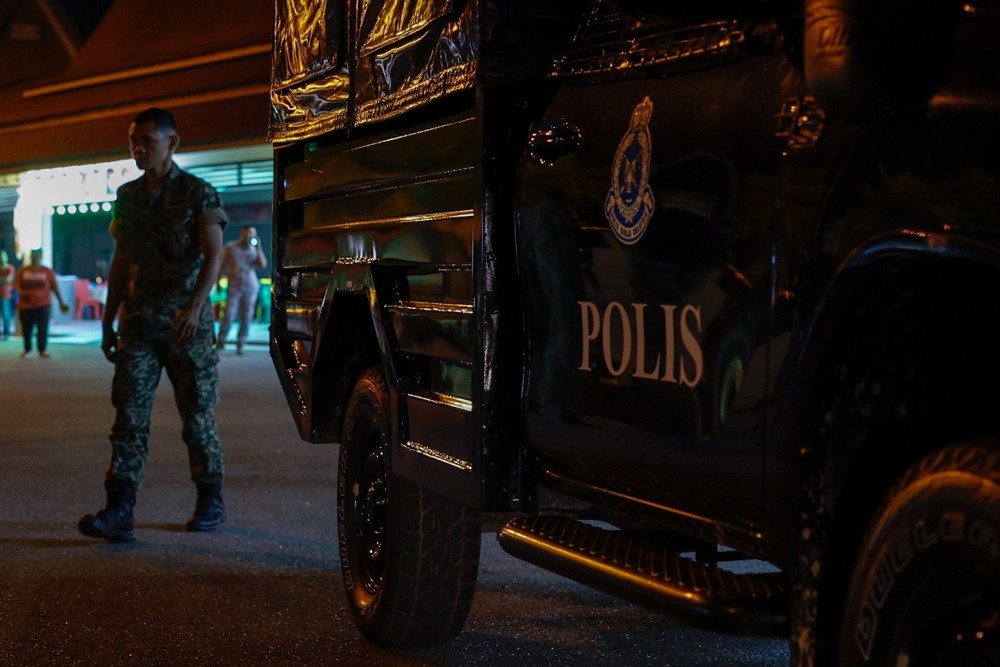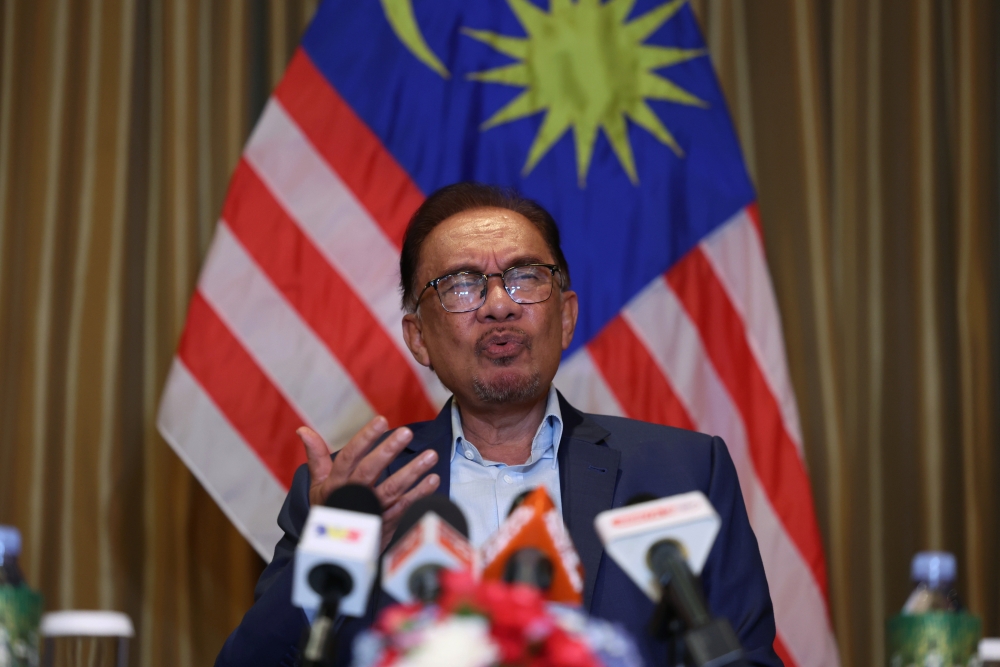BANGKOK, Feb 21 — The appointment of a new chief facilitator, and the resolve shown by Malaysian Prime Minister Datuk Seri Anwar Ibrahim, brings new hope in taking the peace dialogue in southern Thailand in a positive direction — including during the sixth round of peace talks in Kuala Lumpur that began today.
A professor at the National War College in Washington (US) and an adjunct at Georgetown University, Zachary Abuza, said Anwar had made a ‘smart move’ by appointing former chief of defence force Tan Sri Zulkifli Zainal Abidin as the new facilitator.
Effective January 1, Zulkifli replaced Malaysia’s former Inspector General of Police Tan Sri Abdul Rahim Mohd Noor in playing the role.
“As the former chief of defence force, the Thai military will be more comfortable talking to Zulkifli,” he told Bernama.
Abuza said Anwar cares very much about the conflict in southern Thailand and always wanted to do the ‘right thing’ to resolve the conflict.
However, he said it waits to be seen whether the Thai government would agree on autonomy or self-rule in the south, especially after the 2014’s coup, as there has been more centralisation in the country’s politics.
The two-day peace talks is between the Thai government and Barisan Revolusi Nasional (BRN), the most influential armed group in the south, where both sides are looking towards ending the decades-old conflict that flared up in January 1994 in the southern provinces in Narathiwat, Yala, Pattani and parts of Songkhla.
Meanwhile, senior lecturer at the Institute for Peace Studies at Prince of Songkla University Assistant Prof Dr Srisompob Jitpiromsri said Zulkifli’s friendly relationship with the Thai military would help ‘manage and fix’ some specific issues, especially concerning ceasefire and violence.
He also agreed that the peace talk should be inclusive of more groups and movements, including youth and women.
“It is very important that BRN could welcome them with open arms,” he said.
Meanwhile, the Director of the Institute of East Asian Studies at Thammasat University’s Rangsit Campus Asst Prof Dr Chaiwat Meesanthan said Anwar — during his official visit on February 9 and 10 — has delivered a ‘strong message’ that he is committed and wants to bring about positive change in the reconciliation process in southern Thailand.
Anwar has, among others, stated that Malaysia will not allow the use of violence to resolve the conflict in southern Thailand; and besides that, he also wants the problem of ‘trust deficit’ to be addressed.
“This statement shows Anwar that he does not favour any party that uses violence — whether it is the Thai government or the BRN.
“This has indirectly opened the door for both parties (Thai government and BRN) to discuss more openly to create peace in southern Thailand,” he told Bernama.
Meanwhile, Chaiwat admitted that more groups including PULO should be brought to the negotiating table to make the peace talks more inclusive.
However, this is not easy because each group has a different purpose and approach, he said.
Talks between the government and rebels that began in 2013 to bring peace stalled following a military coup in Thailand a year later. Negotiations subsequently continued without the main parties including BRN.
However, consultations between the Thai government and the BRN resumed in 2019 with concrete and significant progress being made, raising hopes for an end to violence in Thailand’s southern region.
Statistics by the independent monitoring group Deep South Watch indicate an unrelenting cycle of violence in southern Thailand, starting in 2004 in Pattani, Yala, Narathiwat and Songkhla, which has claimed more than 7,000 lives so far. — Bernama








